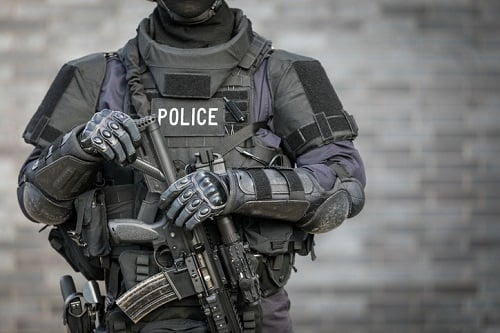When insurance policyholders get caught in crossfire, there are important questions to answer

The recent downing of Ukrainian International Airlines Flight 752, which resulted in the deaths of 63 Canadian citizens, raises many important questions. For the bereaved, those questions would include why it had to happen, what should be done to make things right, and how they can carry on following the loss of their loved ones.
A little lower on that list, but still significant as far as practical matters go, is how a claim to a life-insurance benefit would be affected — and a blog post by LSM Insurance offers some hints.
According to the blog post, most Canadian policyholders who become victims in a terror attack even if they did not travel at all or travelled to a country that’s considered safe will be covered and paid in full. “If someone were to die because of a terrorist attack and had no involvement in it whatsoever in Canada, then the claim will be paid,” the blog post said, quoting an unnamed insurance representative.
The equation changes when a policyholder travels to a dangerous location and becomes a victim of terrorism. In such a case, insurance companies have grounds to deny a claim, as it can be seen as a preventable risk that the policyholder decided to take on.
Insurers define regions, countries, and destinations as dangerous based on government advisories; as of January 13, the Government of Canada’s Travel Advice and Advisories webpage recommended that Canadians “avoid non-essential travel (with regional advisories)” to Iran.
While insurance companies treat the government’s destination categories differently, the two most high-risk ones — “Avoid all travel” and “Avoid non-essential travel” — will be declined by many insurers, or will require an exclusion. In some cases, the type of policy and claim one can qualify for can depend on their planned length of stay.
The issue becomes clear-cut when a policyholder dies as a participant in a terrorist attack. In such an event, the blog post said, the claim will be denied, as is the case for those who become victims in a riot that they played an active role in.
The blog post isn’t a perfect guide for victims of the Flight 752 incident, however; the plane was shot down by the Iranian government, not a terrorist organization. With that in mind, those left behind will likely have to review their departed loved ones’ policies for more specific details, particularly if it includes a war exclusion clause that would free the insurer from having to indemnify the families involved.



